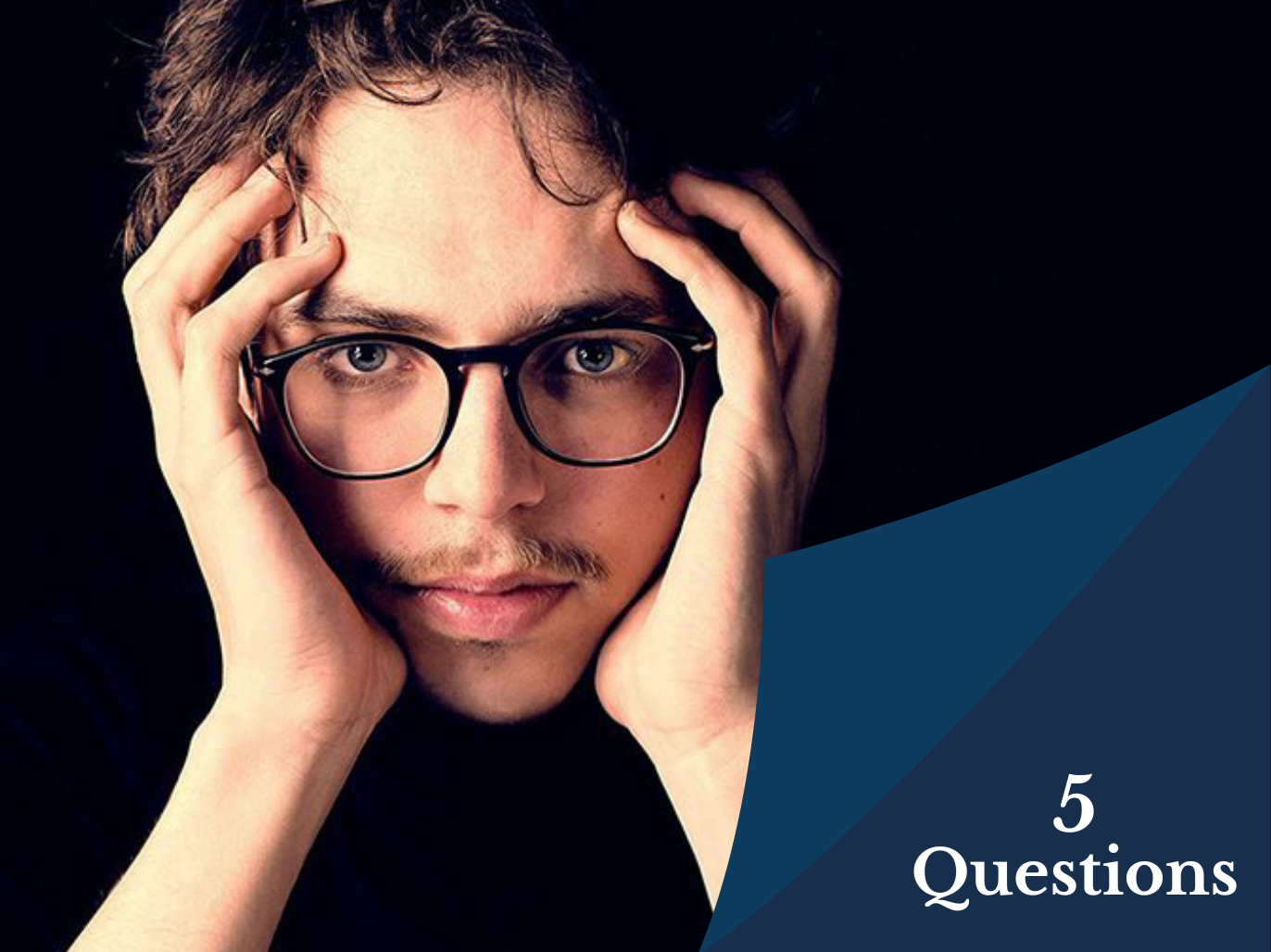Imagine someone who has never heard any of Ravel’s music. Which piece would you suggest as a starting point?
Boléro.
Most of my friends are not interested in classical music in general—they think that it’s reserved to rich, old, far-right people. Which is not completely wrong for a large part of the audience, I can only say, “Yeah, I’m very sorry for this.” But I would choose to have them listen to Boléro because this piece is something that makes someone say that Ravel was visionary.
I don’t like the word “visionary” because it would mean that somebody planned in advance that something would happen in the future and I’m not sure that Ravel would have expected his Boléro to become such a thing, honestly. But now, because of our ears, because of what our world became…
The fact that this piece is obsessional, repetitive, on a loop—it looks very much like some techno or electro music, with more layers added, and a great crescendo. If I see one of my friends going to nightclubs and taking drugs to get high with some sort of crazy techno music—I think that with Boléro they would feel quite familiar with what’s going on there, and maybe get interested in other Ravel pieces after that.
Learn more on the Boléro and explore different versions available to watch on medici.tv.

